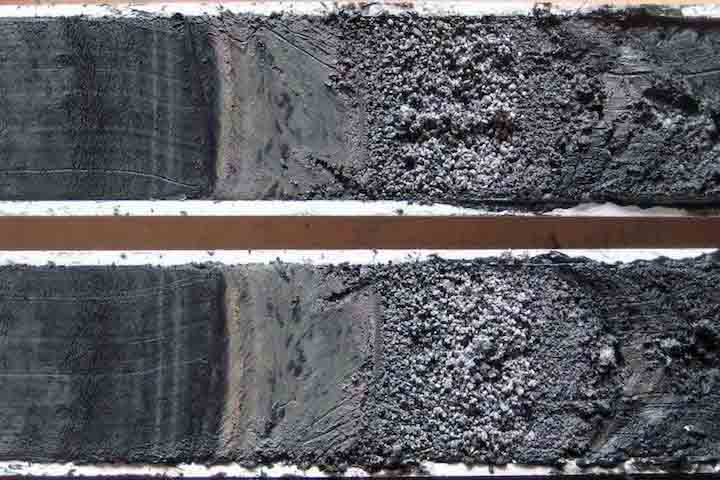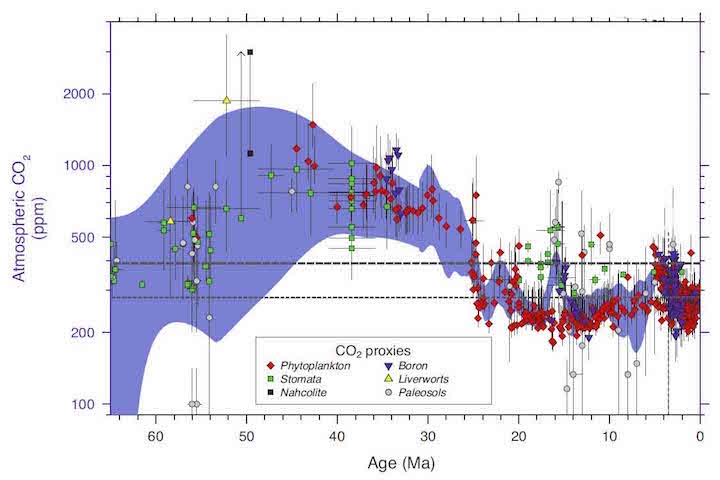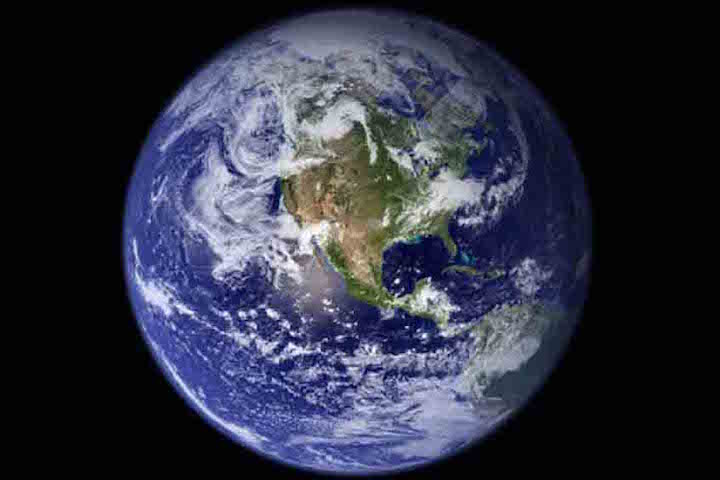I teach courses at Northwestern University that address Earth’s climate system and climate history, Earth surface processes, methods in Quaternary geology, the physical science of human impacts on the environment, and science communication. My courses include:

Energy and Climate Change (EARTH 342 / ISEN410) This class challenges a thoroughly multi-disciplinary group of graduate and advanced undergraduate students to answer the question, How shall we power the world in the 21st century? Course surveys the history and geography of energy use; links between energy and climate change; fundamentals of climate science, especially Earth’s energy balance and thus the overall controls on global climate; unequal impacts of climate change; and benefits and drawbacks of various energy sources. Advanced students from all disciplines who have some background in science or engineering are welcome.

Communicating Science Beyond Academia (EARTH 450/ISEN 495)
This seminar, open to graduate students in all STEM disciplines, explores strategies for successful scientific communication beyond academia. How can we break through barriers to understanding and foster engagement with scientific information, while still conveying nuance and uncertainty? What happens when science becomes politicized and controversial?
Among other hands-on exercises, students in this course complete peer-reviewed writing assignments, which they may choose to publish for public audiences. For example:
After Years in the Navy, I Found my Sea Legs Again – In the Lab (Science magazine)
Flat but Not Boring: The Extraordinary Power of 2D Materials (Helix science blog)

Quaternary Climate Change: Ice Ages to the Age of Oil (EARTH 341)
Studies of Quaternary climate (climate of the past 2.5 million years) provide unique perspectives on Earth’s climate system, for example illuminating the role that greenhouse gases play in climate change, and how ice sheets respond to warming. The Quaternary ice ages also shaped the landscape of the Midwestern U.S. This course covers methods for reconstructing and dating past environmental change, causes of natural climate change, major climate events of the Quaternary up to present-day, and their relevance for understanding current climate change.

Paleoclimate Perspectives on Future Climate Change (Adv Topics – EARTH 451)
This seminar explores the methods used for reconstructing past climates, and the lessons we can learn from climates of the Cenozoic. From the astonishing greenhouse world of the PETM, to the abrupt climate changes that characterized Quaternary glacial periods, what does Earth’s eventful climate history tell us about our future?

Lake Michigan and Climate Change (Adv Topics – EARTH 450)
Seminar exploring how anthropogenic climate change is projected to affect Lake Michigan and thus the people who live along its shores. Students learn key principles of physical, chemical and biological limnology as they pertain to Lake Michigan and the Laurentian Great Lakes — which contain 1/5 of the world’s surface fresh water.

Arctic Environments – Past, Present, Future (Adv Topics – EARTH 450)
Seminar focusing on reading and discussing primary research literature and major review papers and reports. Students lead discussions on readings pertaining to arctic paleoenvironments and paleoclimate, dynamics of present-day arctic environments, and perspectives on the Arctic’s future.

Earth: A Habitable Planet (ENVR SCI 201 / CIV ENV 201)
This course provides an overview of the physical processes governing environmental systems, from Earth’s lithosphere to hydrosphere to atmosphere. Course covers internal and external sources of energy to the Earth system; the processes (from tectonic to atmospheric) that are driven by that energy; and some human impacts on the resulting environmental systems. Students gain physical science perspectives on current debates about environmental issues, such as those over water resources, energy, and climate change.

Global Warming: The Scientific Evidence (Freshman Seminar EARTH 102-6)
Global warming is a complex and controversial problem that finds science interacting with other spheres, from politics and law to global health to journalism. The results are often messy and always interesting. At stake is everything from glaciers and sea level rise to energy use and economic development. Background lectures cover the physical science of global warming, including its causes and consequences, and methods scientists use to study climate change. The remainder of this course focuses on discussing the human dimensions of the climate crisis: Why is this problem so hard to solve? What are possible solutions? How does the U.S. fit into the global picture? After completing this course, students should be able to explain the physical causes of global warming and express educated opinions about popular debates over climate change.
An important objective of this course is to improve student writing skills. Accordingly, writing accounts for a major part of the final grade. Editing and revising are essential components of good writing, so thoughtful revision is a requirement for good grades on writing assignments. Peer review is also employed, to hone your skills as both an editor and writer.